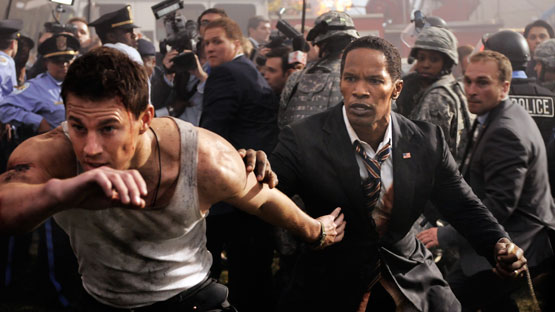There is an uncanny kind of magic that happens behind the scenes in the world of music production. It’s an intricate blend of artistry, precision, technology, and instinct that transforms a simple melody into a song that resonates with millions. An aura of mystery often shrouds the process, but today, we dive into this intriguing universe to unravel the quiet magic that happens inside the studio.
At the core of every mesmerizing song is the artistry of a musician, and often an entire team of creatives. In most cases, the journey begins with a songwriter penning their thoughts or a composer moulding a melody. But the process of music production goes far beyond the writing, the singing, or the playing of instruments. The secret alchemy of producing a well-orchestrated track falls into the capable hands of the broadly unsung heroes – music producers.
Music producers act as the architects of the audio world. They coordinate the production process, liaising between the artistic vision and the technical demands. A producer has to understand music, artist’s intent, and be technically conversant to translate those subtle nuances into a tangible sound. The producer’s role can be further fine-tuned to an engineer, mixer, programmer, arranger, and more, each contributing a unique skill-set to mold, modify, and morph a bare-bones track into a rich, full-bodied musical composition.
The first step inside the studio is the recording phase. Here, the musician’s raw talent materializes into a structured musical form. This happens in a recording room, a space designed to minimize noise interference that might distort the sound. To capture the best sound quality, microphones, instruments, and artists are set up under the meticulous guidance of a sound engineer.
After recording comes the editing phase. It is where the magic truly begins to shine. The recorded tracks are critically scrutinized, cleaned, and corrected if need be. The unwanted noise, false starts, or glitches are ruthlessly pruned away, leaving a flawless scaffold upon which the true masterpiece will be built.
Then there’s the mixing, a crucial link in music production. It’s during this step that individual components of a song – the melodies, instruments, vocals, and harmonics – are brought together, and balanced to create a cohesive, engaging sonic environment. It’s as much a science as it’s an art, requiring a keen ear and an intrinsic understanding of sound.
Last but a pivotal step, the mastering process provides the cherry on top. It involves refining the final mix, ensuring the sonic consistency across various playback devices, and augmenting the overall listening experience. It’s about turning a good track into a great one.
Music production also significantly employs technology. Digital Audio Workstations (DAW) like Pro Tools, Ableton, or Logic are widely used throughout the music industry for recording, editing, and mixing. Advanced software plugins provide a whole gamut of effects, from adding reverberation for a concert-hall feel to tweaking dynamics for a grand cinematic effect.
MIDI technology has revolutionized music production, allowing producers to create digital scores by playing physical instruments or inputting notes directly onto their DAW. Unprecedented advances in Artificial Intelligence are further pushing boundaries, offering more efficient and intuitive ways of creating music.
But despite its technically demanding nature, music production is still deeply rooted in creative instincts. Listening overrides every decision, and often it’s about capturing that elusive ‘feel’ rather than a perfect mathematical balance of sounds.
Music production, at its core, is a meticulous, passionate venture—part art, part technique, part instinct, and a huge part dedication. It’s a process often unseen and unappreciated by many, but without which the music we cherish would lose its essence. So, next time you savor a song, take a moment to appreciate those anonymous hands that, inside a studio, worked their magic to bring out the music that speaks to your soul.


